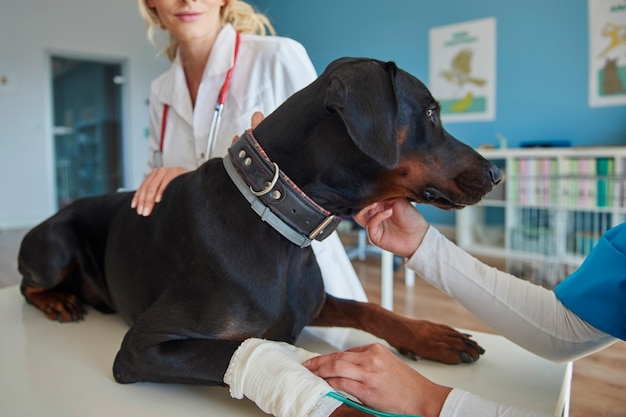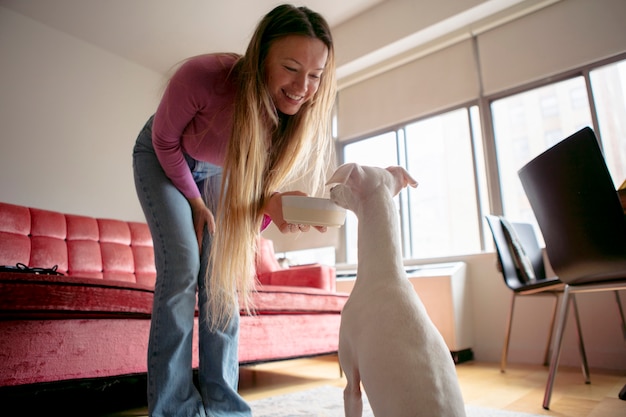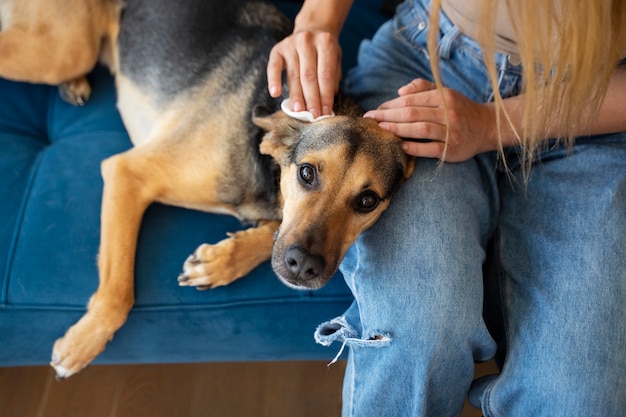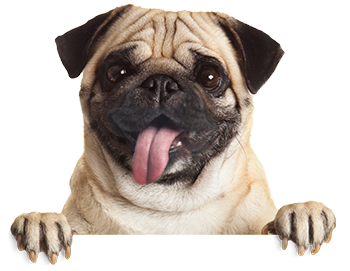Pet Dental Surgery: What Clifton, TX Owners Should Know

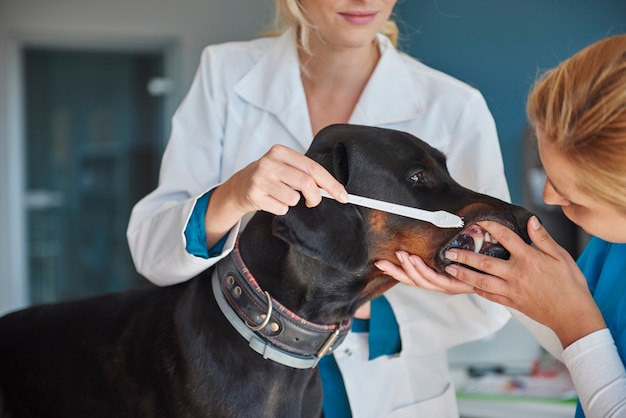
Pet Dental Surgery: What Clifton, TX Owners Should Know
When your beloved dog or cat seems uncomfortable while eating, or you notice persistent bad breath, you might wonder if something more serious is going on with their teeth. Dental health is a cornerstone of your pet’s overall wellbeing, and sometimes, a dental procedure for pets is the best way to restore comfort and health. At Clifton Veterinary Clinic, located in the heart of Clifton, TX, our veterinary professionals understand how important your pet’s oral health is to their quality of life. Whether you live in Clifton or the surrounding communities, knowing when a pet dental surgery may be needed—and what to expect from the process—can help you make confident, informed decisions for your furry family member.
In this guide, we’ll explore why dental surgery for pets is sometimes necessary, the types of procedures available, how our advanced diagnostics keep your pet safe, and the benefits of choosing experienced veterinary care for pet dental surgery in Clifton, TX. If you’ve been searching for a “dental vet near me” or wondering how to keep your pet’s mouth healthy, you’re in the right place. At Clifton Veterinary Clinic, we’re here to provide comprehensive support—from routine cleanings to advanced surgical care—so your pet can enjoy a pain-free, happy life.
Recognizing Dental Problems That May Require Surgery
It can be easy to overlook dental issues in pets, especially since they often hide discomfort until problems become severe. However, keeping an eye out for changes in your pet’s behavior or appearance can help you spot trouble early. Key symptoms that may indicate a need for pet dental surgery include difficulty chewing, dropping food while eating, excessive drooling, or a sudden preference for soft food. Other warning signs are red or bleeding gums, visible swelling around the jaw or face, and persistent foul odor from your pet’s mouth.
Additionally, you may notice your pet pawing at their mouth, refusing to let you examine their teeth, or exhibiting mood changes such as increased irritability. Advanced dental disease can sometimes lead to more serious issues, like nasal discharge, weight loss, or even swelling under the eyes if an abscess develops. By recognizing these signs early, you can help prevent complications and ensure timely treatment by a veterinarian near me.
Why Dental Disease Happens in Pets
Understanding the causes of dental disease can empower you to take proactive steps for your pet’s health. The most common culprit behind dental problems is periodontal disease, which begins when plaque—a sticky film of bacteria—accumulates on the teeth. Over time, plaque hardens into tartar, which leads to inflammation of the gums and, eventually, damage to the tissues and bone supporting the teeth.
Contributing factors include a lack of regular dental care at home, genetics that predispose certain breeds to oral health issues, and diets that do not promote natural cleaning of the teeth. Small and toy breeds, as well as flat-faced (brachycephalic) breeds, are particularly at risk for dental disease. In the rural climate of Clifton and surrounding communities, pets that spend time outdoors may also experience higher exposure to bacteria or trauma, which can contribute to broken teeth or oral injuries requiring a dental procedure for pets.
Untreated dental disease can cause pain, infection, and even systemic health problems, as bacteria from the mouth can enter the bloodstream and affect organs such as the heart or kidneys. That’s why regular checkups and early intervention are so critical.
What to Expect During Pet Dental Surgery in Clifton, TX
When your veterinarian recommends a dental procedure for pets, you might feel apprehensive about what the process involves. At Clifton Veterinary Clinic, our team uses advanced diagnostics to fully assess your pet’s oral health before any surgery is performed. This often includes pre-anesthetic bloodwork, dental X-rays, and a thorough oral exam under anesthesia to identify issues that aren’t visible on the surface.
Dental surgeries commonly performed in our hospital include tooth extractions for severely damaged or infected teeth, removal of oral masses or growths, repair of fractured teeth, and treatment of advanced periodontal disease. The procedures are carried out under anesthesia to ensure your pet’s comfort and safety. We use modern monitoring equipment and pain management protocols to minimize risk and support a smooth recovery.
Before surgery, our veterinarians will discuss the findings of the oral exam and X-rays with you, explaining why a particular treatment is recommended. If tooth extractions are needed, we’ll describe the number and type of teeth involved, potential complications, and what you can expect during your pet’s recovery.
During the procedure, damaged or diseased teeth are carefully removed, and the area is cleaned and treated to prevent further infection. In some cases, oral surgery may also involve the removal of growths or repair of traumatic injuries. After the dental procedure, your pet will be monitored as they wake from anesthesia, and we’ll provide you with detailed home care instructions to support healing.
Preventing Dental Disease: Steps You Can Take at Home
While professional dental care is essential, there’s a lot you can do at home to help your pet maintain healthy teeth and gums between visits. Regular tooth brushing with pet-safe toothpaste is one of the most effective ways to remove plaque before it hardens into tartar. Dental chews, water additives, and specially formulated diets can also help reduce the buildup of bacteria in your pet’s mouth.
In addition to daily care, scheduling routine wellness exams with your veterinarian allows for early detection of oral health problems. During these visits, our veterinary professionals can assess your pet’s mouth, recommend a dental cleaning schedule, and suggest products that best fit your pet’s needs. Consistent preventive care is the best way to avoid the need for more invasive dental surgery down the road.
For owners in Clifton and surrounding communities, making dental care part of your pet’s regular health routine is especially important, given the active lifestyles and outdoor exposure common in our area.
When to Schedule a Dental Procedure for Pets
Deciding when your pet needs professional dental care—and possibly surgery—can be challenging. In general, any sign of pain, swelling, bleeding, or foul odor from your pet’s mouth should prompt a call to your veterinarian. Pets with visible broken teeth, loose teeth, or signs of infection such as pus or facial swelling require prompt assessment, as these issues do not resolve on their own and can quickly become more serious.
If your pet’s eating behavior changes, or if you notice them avoiding certain types of food, do not wait to seek veterinary advice. Early intervention can protect your pet from unnecessary suffering and reduce the risk of complications from untreated dental disease.
At Clifton Veterinary Clinic, we encourage pet owners to schedule regular dental evaluations as part of their preventive care plan. Our veterinary team is always available to answer your questions, discuss the benefits of pet dental surgery in Clifton, TX, and help you determine the best course of action for your pet’s individual needs.
The Benefits of Expert Dental Surgery at Clifton Veterinary Clinic
Choosing a trusted veterinary team for your pet’s dental procedure in Clifton, TX, offers peace of mind and ensures the highest standard of care. Our clinic combines advanced diagnostic technology, skilled surgical expertise, and a compassionate approach to every dental case. We recognize the unique needs of each pet and work closely with owners to develop customized treatment and recovery plans.
Pets who undergo dental surgery at our clinic often experience immediate relief from pain, improved appetite, and a return to their energetic selves. In the long run, maintaining oral health can help prevent serious systemic illnesses and extend your pet’s healthy years.
Whether you’re located in Clifton or one of the surrounding communities, you can rely on our veterinary professionals for comprehensive dental services, including advanced diagnostics, oral surgery, and preventive care guidance. Our commitment to ongoing education and community-focused service means your pet always receives the most current, effective care options.
Take the Next Step for Your Pet’s Dental Health
Healthy teeth and gums are essential for your pet’s overall wellbeing, and timely dental care is one of the most important gifts you can give them. If you suspect your pet may need a dental procedure for pets or just want to ensure their mouth is in top shape, the team at Clifton Veterinary Clinic is here to help. Schedule an appointment with our experienced veterinarians to discuss your pet’s needs and learn more about our approach to pet dental surgery in Clifton, TX.
We invite you to call (254) 675-8925 or visit us at our conveniently located Clifton, TX hospital to discover why so many local families trust us as their “vet near me” for dental care and so much more. Our veterinary professionals are dedicated to supporting your pet’s health, comfort, and happiness every step of the way.
If you have questions about pet dental surgery, your pet’s oral health, or want to set up a dental evaluation, reach out to us today. Together, we’ll keep your pet smiling for years to come.
This article is intended for informational purposes only and should not be considered a substitute for direct veterinary advice. Always consult your veterinarian for diagnosis and treatment tailored to your pet’s unique needs.
For more information about dental care for pets, visit reputable resources such as the American Veterinary Dental College or the American Veterinary Medical Association.


